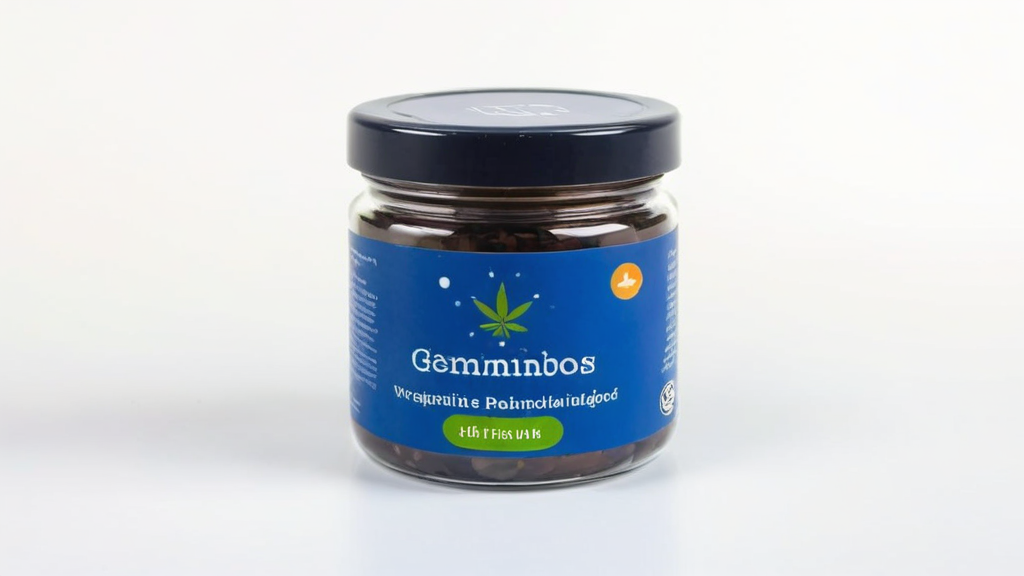What is CBD and how is it different from THC?
CBD (cannabidiol) is a compound present in cannabis that does not produce euphoric or addictive effects, unlike THC (tetrahydrocannabinol). While THC is responsible for the psychoactive effects of marijuana, CBD has no intoxicating properties and will not get you high or high.
Can CBD test positive for a drug test?
In general, CBD should not generate positive results in standard drug tests, as these typically look for THC rather than CBD. However, some CBD products may contain traces of THC, although in very low amounts. It is important to inform the person in charge of the analysis about your CBD consumption so that they can take it into account when interpreting the results.
How to compare the quality of CBD products?
When comparing CBD brands, it is important to keep several key aspects in mind. Verify the origin and cultivation of the hemp used to extract the CBD, preferably from regions with strict regulations. Look for brands that perform independent lab testing on their products and easily provide the results of these tests. Investigate the reputation and transparency of the brand, as well as the opinions of other consumers. Also, check the concentration of CBD in the product and look for reliable recommendations from sources you trust.
Is CBD legal in Mexico?
Yes, CBD is legal in Mexico for medicinal and scientific use, as long as it contains THC levels less than 1%. CBD is not classified as a controlled substance in Mexico, according to the law passed in 2017.
Is it safe to take CBD while pregnant or breastfeeding?
Consumption of CBD during pregnancy or breastfeeding is not recommended without the approval and supervision of a health professional. Although relatively little research has been done on the effects of CBD on pregnant or lactating women, it is important to exercise caution and consult with a health professional before taking CBD at these stages.
Does CBD interact with other medications?
CBD can interact with certain medications, so it’s important to consult with a healthcare professional if you’re considering taking CBD along with other medications. The interaction between CBD and other medications can vary depending on the type of medication, dosage, and each person’s individual system. Some medications that may have known interactions with CBD include blood thinners, antidepressants, anticonvulsants, pain relievers, and blood pressure medications.
Conclusion
In short, CBD is a non-addictive, non-psychoactive compound that differs from THC. It should not result in positive results on standard drug tests, but it is important to report your use. When comparing CBD brands, consider origin and cultivation, third-party certifications and testing, brand transparency and reputation, CBD concentration, and customer reviews. CBD is legal in Mexico for medicinal and scientific use, and caution is recommended during pregnancy or breastfeeding, as well as consulting with a health professional if taking other medications.
